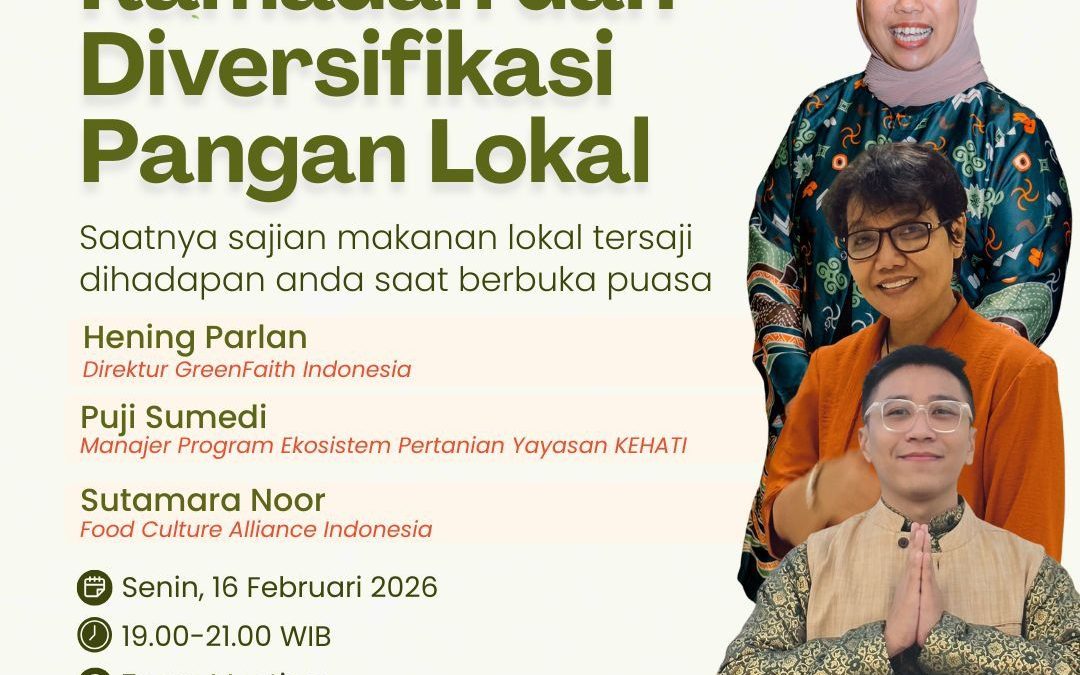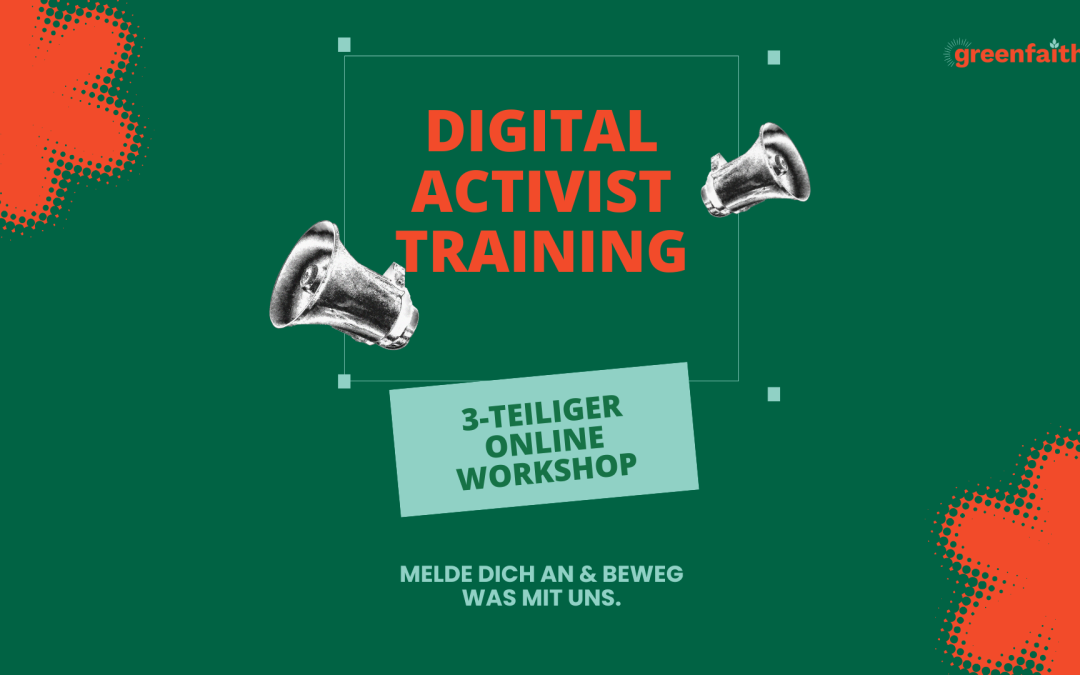500 African faith leaders sign letter, receive no reply
An open letter to the Bill and Melinda Gates Foundation signed by nearly 500 faith leaders across Africa and organized and sent by the Southern African Faith Communities’ Institute (SAFCEI) emphasizes that the Foundation’s support for an industrial agriculture approach reliant on monocropping and intensive toxic chemical inputs while displacing smallholder farmers will be disastrous for the continent. The letter was released at a 4 August press event with speakers from across Southern Africa.
SAFCEI’s Executive Director Francesca de Gasparis said, “In addition to damaging ecosystems, threatening local livelihoods and increasing climate vulnerabilities, monocrop farming ignores and undermines smallholder farmers, whose efforts promote sustainable food production and protect the environment. African farmers need communal solutions that increase climate resilience, rather than the top-down profit-driven industrial-scale farming systems that the Gates Foundation is supporting.”
According to SAFCEI and other experts, the Gates Foundation is promoting a corporate-extractive business model heavily reliant on fossil fuel and chemical inputs, reducing local farmers to nothing more than “food factories” valued only for their production for overseas markets.
Two months after sending the letter, faith leaders in Africa have yet to receive a reply or acknowledgement from the Gates Foundation.
Privatizing Seeds
One problematic aspect of the Gates Foundation’s approach is that local crop varieties reliant on existing communal seed banks and which have been grown for generations are replaced by imported, commercial varieties developed for industrial feed and processing markets. This threatens local varieties that African farmers and consumers prefer, impacting the affordability of foods, local nutrition, and cultural cooking practices.
The Foundation is also working to restructure seed laws across Africa, which protect corporate varieties but criminalise non-certified seed. This is particularly problematic for small-scale farmers in Africa, who nourish their families and their communities through seeds shared among millions of smallholder farmers who recycle and exchange seeds each year, building an “open-source knowledge bank” that costs little to nothing but has all the nutritional value needed to sustain these communities.
De Gasparis said, “When a single cash crop is grown year after year, without rotation, it becomes vulnerable to pests and disease, soil fertility is destroyed, and the rich biodiversity and genetic capital of African food systems reduced. Experiences from around the world provide further evidence that industrial mono-cropping will leave African communities worse-off and even more dependent on foreign aid, not less.”
Moral Imperative: Support Local Farmers
SAFCEI’s Climate Justice Coordinator, Gabriel Manyangadze, added, “The Gates Foundation puts its full faith in technological fixes without seeking to address the morality and political economy involved, leading to a dominance of multinational corporations over African-led food production systems. In the Foundation’s unwillingness to listen, we see an arrogant self-confidence and a ‘white saviour’ colonialist mentality that Africa neither needs nor wants. That is why hundreds of religious leaders from Africa have called on the Foundation to re-think its approach.
The letter calls for investment and support for small-scale farmers around the world who are working to build alternative food systems that are socially just and ecologically sustainable. The Gates Foundation and governments, the letter argues, should use its influence to ensure that smallholder farmers have a real stake in policy negotiations around issues including land reform and should retain agency over their own circumstances for self-determination.
“Many of these same issues were at stake during the farmer protests in India. Around the globe, agribusinesses are trying to convince governments and financial institutions that they hold the answer to the world’s hunger problems. This never works out fairly for the small farmers who remain the lifeblood of much of Africa,” noted Manyangadze.
Farmers and Faith Leaders Together
Several African farmers also spoke on the call. Busisiwe Mgangxela, an agroecological farmer from the Eastern Cape province in South Africa – said, “We need an approach to farming that protects ecology, genetic and biodiversity, and sustainability by incorporating the principles of organic farming. Agriculture should conserve natural resources and protect people’s health. Agricultural industrialisation takes away the nutrients from the soil that produce good crops.”
Celestine Otieno, a Kenyan permaculture farmer, said, “Farmers in my region are becoming wary of programs that promote monoculture and chemical-intensive farming. We are losing control over indigenous seeds and farming systems and are being held hostage on our own farms. The Gates Foundation is pushing to expand industrial agriculture. My question: is agricultural industrialisation leading to food security or food slavery?”
Rev Wellington Sibanda, a pastor in rural South Africa, added, “The churches that I serve are in rural communities. Our congregants survive as seasonal farm workers or as subsistence farmers. Our churches are supported by the sweat of these impoverished communities, who are far away from the industrialized markets of the cities.”
“Under the economic imperialism which the Gates Foundation is supporting, almost all the crops and goods produced in this region are under the control of multinational corporations. Immediately after they are dug from the belly of the Earth, they are exported to regional and overseas markets. This affects the livelihoods of local communities and people from around Southern Africa.”
Religious leaders from around the globe also supported the letter. The Rev. Fletcher Harper, director of the international, multi-faith NGO GreenFaith, was direct: “The plan of displacing millions of small holding farmers, using an industrial monoculture approach to farming, lacing the soil and water supplies with toxic chemicals and concentrating ownership of the means of production and land ownership in a small elite is an immoral and dangerous vision that must be stopped.”
NGOs specializing in agroecology and supporting smal farmers through research and policy advocacy also offered support for the letter. Ange David from GRAIN in Côte d’Ivoire said, “People in Ghana are fighting against agro-colonialist policies pushed by institutions like Alliance for a Green Revolution in Africa (AGRA). We need to put pressure on AGRA and the Gates Foundation to stop changing government seed policies to benefit corporations.”
Anne Maina from BIBA Kenya also shared her critique. “Soil fertility in Africa is going down due to increased fertiliser use. Punitive seed laws are marginalising farmers. When we demand evidence of the positive impacts, AGRA will not and cannot provide it. Agroecology is a more just and sustainable approach, which is why we are pushing for it.”
De Gasparis concluded, “We will continue to work with faith communities across Southern Africa to press the Gates Foundation and governments to support policies that meet the needs of communities and the environment, not multinational corporations. The future of the continent, its people, and the climate are at stake. Africa’s faith leaders know their communities, and their voices must be heard.”




